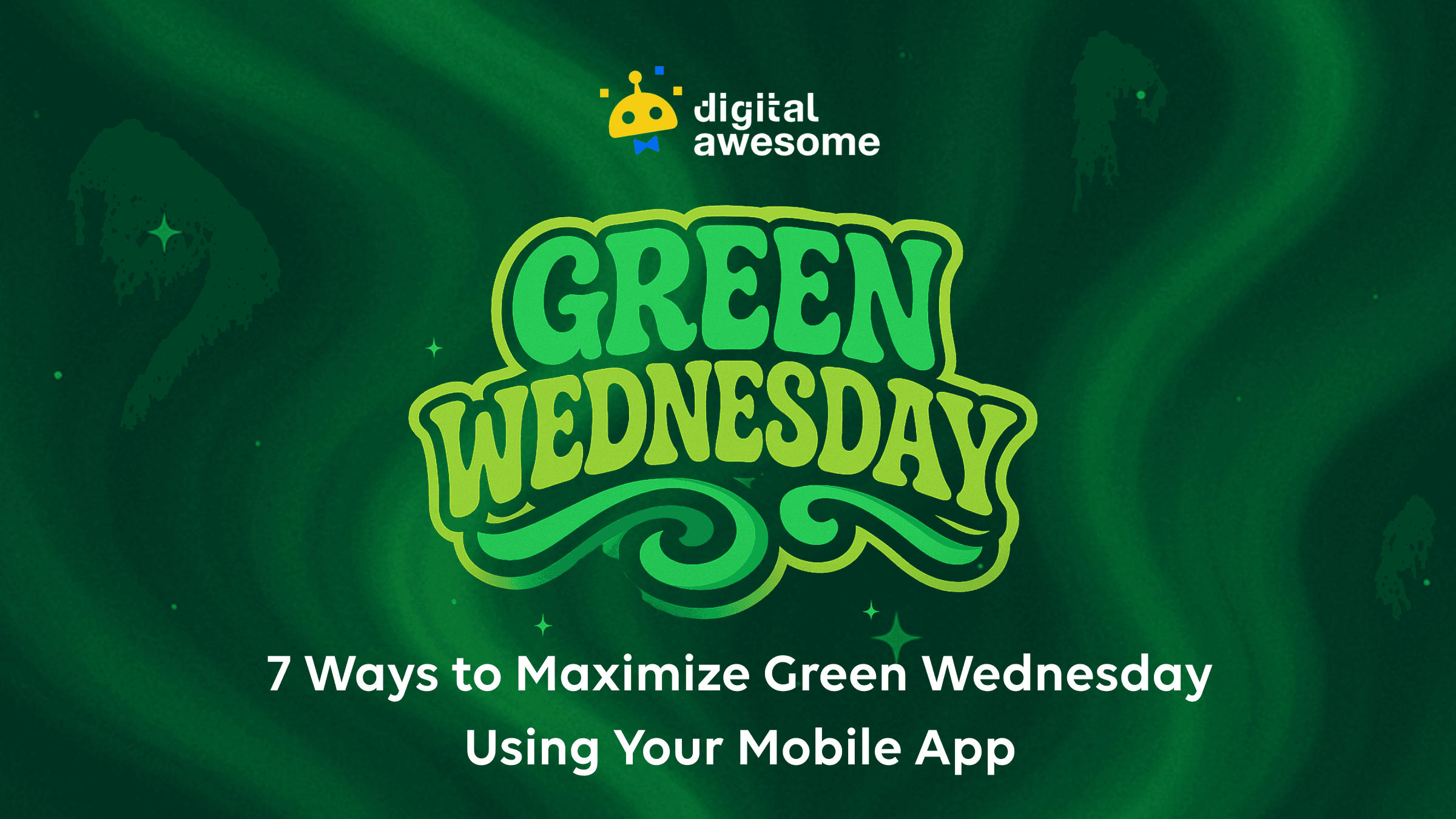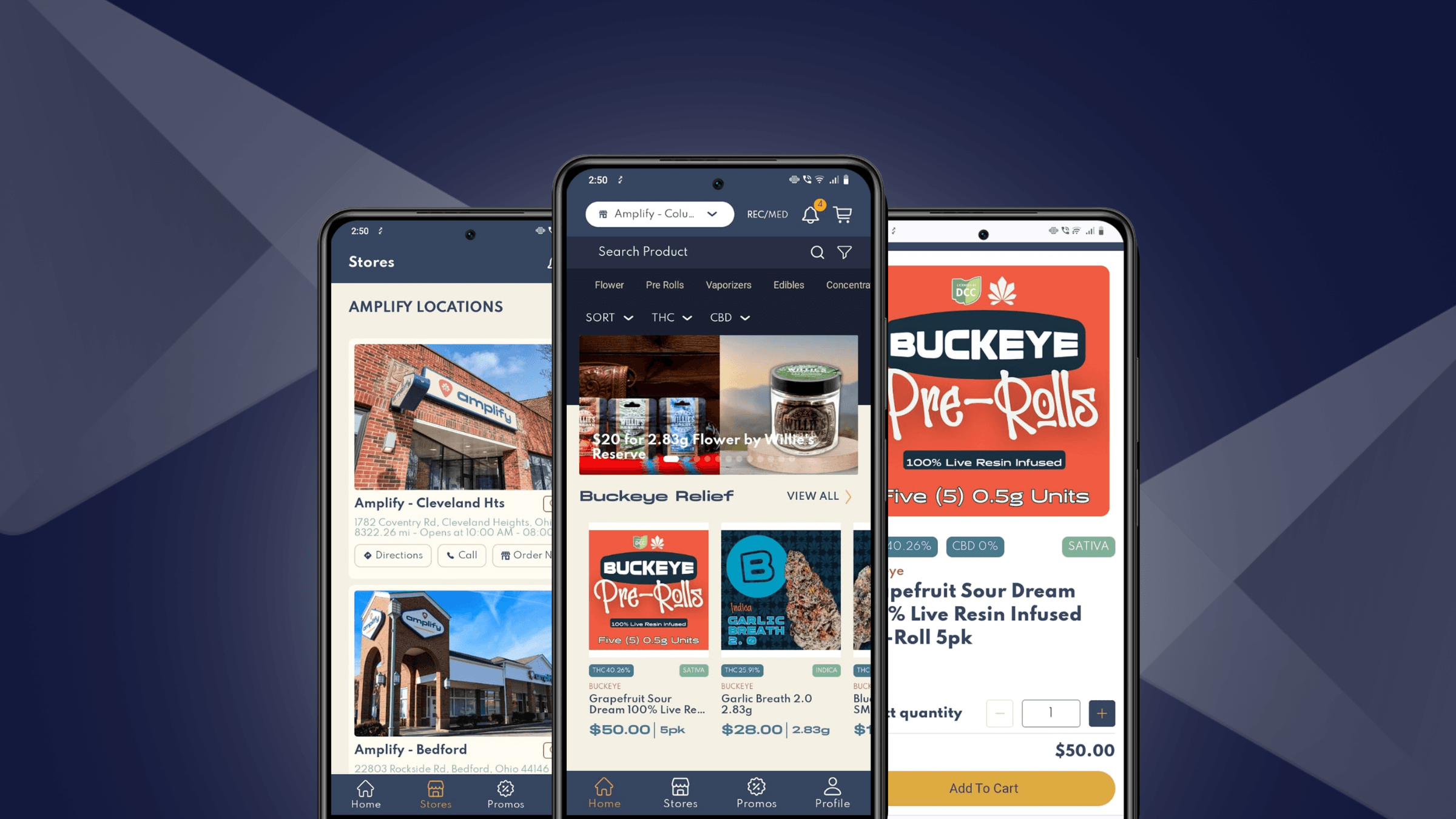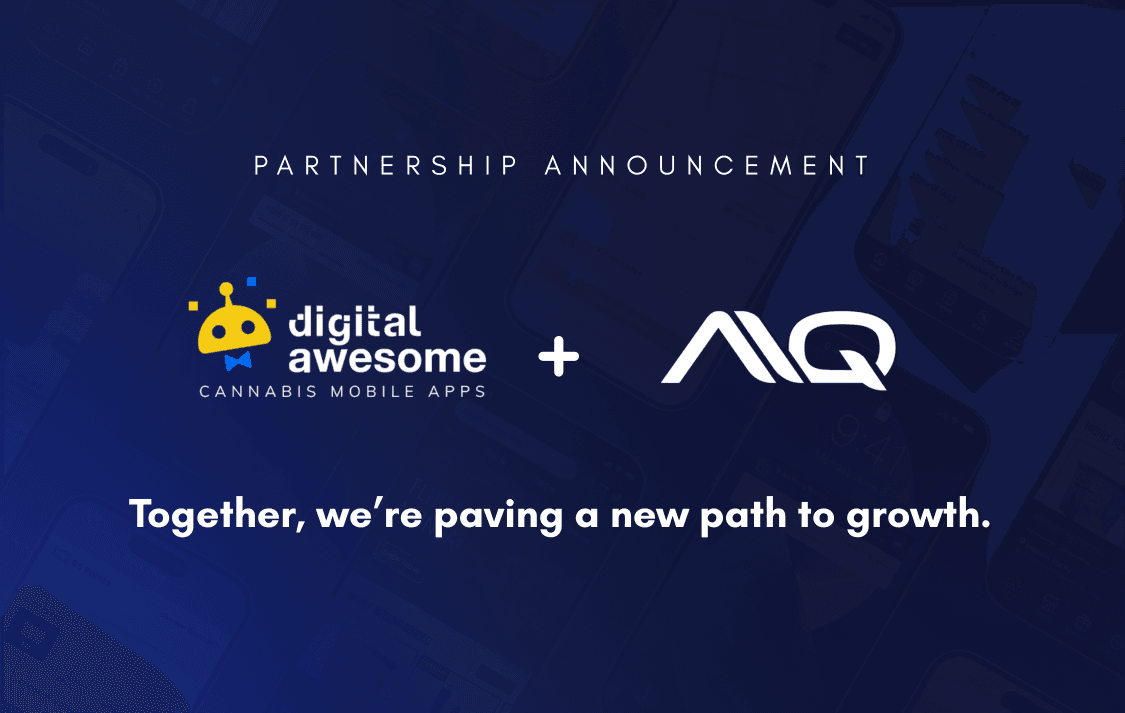
Cannabis App Development
E-commerce API Features You Should Know for Your Cannabis Mobile App Development
Posted by: Nikki Tabberrah
January 16, 2023
App developers are turning to APIs to provide users with seamless access to their services and products. And rightly so – integrating through API with other platforms can speed up development time, reduce costs, and improve the overall user experience for your customers.
In this article, we'll learn more about API and look at some of the different features you should be aware of when your app is being developed.
API Definition
API is short for "Application Programming Interface," and it refers to a set of tools that allow developers to access the functionality of other applications, services, or web platforms.
In other words, the interface allows different software components to talk to one another and exchange information seamlessly.
Essentially, APIs act as gateways between custom codes and the data and functions provided by external sources such as other service providers. This allows developers like us to truly integrate with other softwares to deliver custom and seamless app experiences for brands and their loyal following.
Through API integration, Digital Awesome is able to differentiate its approach to custom mobile app development for the cannabis industry. Our custom app product delivers smooth, distinct and irresistible shopping experiences for all through real integration.
But what does "real integration" mean?
Real integration streamlines the entire process of integrating an app with APIs, making it easier to take full advantage of all the functionality third-party web services or softwares can offer.
To put it simply, if your cannabis mobile app uses e-commerce API, you’ll be able to tap into the functionalities of softwares like Dutchie, SpringBig and enhance them with further customization.
Types of E-commerce API
APIs are a critical component of modern e-commerce, connecting websites and applications to data, functionality, and other services. Many e-commerce APIs are available, each providing access to different features or functions. Some types of e-commerce APIs include the following:
Catalog API
This API gives developers access to a merchant's product catalog, which includes detailed information about each product. You could use the catalog API to pull in detailed information about each of your products, including dimensions, and available strains into your app. Moreso, custom features may be added to create custom categorization and filters to provide users with swift navigation. This differs from Inventory API where merchant quantities are stored and managed.
Login API
This API provides a gateway for users to log in and access the data or functionality of your application.
Consider that you are developing an online marketplace app and want to make it possible for users of other websites to access your platform without registering for new accounts. They could receive all required login information from you via the login API
Cart API
This API provides access to a user's shopping cart and enables them to add new items or modify existing purchases.
Checkout API
This API allows users to securely complete online purchases, making it easy for customers and vendors. Suppose you are constructing an online store platform enabling independent sellers to open online shops on your website.
The checkout API helps sellers collect payments and communicate with consumers without building their checkout pages from scratch.
Payment API
This API provides access to the payment processing infrastructure of a merchant, including gateway and processor services for accepting credit card payments.
You could use the payment API to accept credit card payments and process them through a third-party merchant account.
Sales Tax API
This API allows developers to retrieve legal sales tax rates and apply them to transactions, making it easy for customers to calculate the correct amount.
You could use this type of API if you are building an e-commerce platform that sells physical products to users across multiple jurisdictions. Rather than having your team calculate manually and collect sales taxes, you could use this API to automate the entire process.
Social Proof API
This API provides access to a merchant's sales data, allowing other platforms and third parties to display it on their sites. If you have created an online store that interacts with social media sites, you may incorporate this API. Users may be more likely to purchase when they browse your website and discover how many users have bought a particular product.
Marketing Automation API
This API provides access to a merchant's marketing data, allowing other platforms and third parties to use it in their marketing efforts. By giving these users access to your marketing data, you can help them improve their marketing efforts and increase sales on your platform.
Shipping API
This API provides access to a merchant's shipping rates and delivery options, allowing customers to choose how they receive their orders.
You should incorporate a shipping API into your e-commerce platform if you sell physical goods. This might make it easier for users to give their consumers more delivery options by enabling them to access real-time shipping estimates depending on location and order quantity.
Customer API
This API provides access to customer data, enabling other platforms and third parties to interact with customers in new and innovative ways.
If you are building an e-commerce platform that connects with social media platforms, you could use a customer API to integrate with those sites. This could allow users on your site to connect more easily with their existing social media accounts, improving the overall customer experience and increasing user engagement.
The APIs that will be used to build your cannabis app may vary depending on the overall design and strategy of your app. So it’s best to discuss your intended features with an app development expert.
Perks of API-powered Mobile App in Cannabis E-commerce
There are many benefits to incorporating an API-powered mobile app into your cannabis e-commerce business. These include:
Flexibility
API enables you to easily interface with your current e-commerce, rewards, and POS suppliers.
Since you can stack them up with more features on the mobile app, if you're dissatisfied with your current suppliers because they lack certain features or capabilities, through customized mobile app development using API, you can make up for that. You don't need to look for a new solutions provider, go through troublesome migrations, or be limited to what your existing suppliers can supply.
Cost-efficiency
No need for a lengthy development period and no hefty cost; you can cut total app investment by 80% with our API expertise. Thanks to the flexibility and customizability provided by API-powered mobile app development, this can help cannabis retailers reduce costs significantly.
Competitive Edge
With API-powered mobile app development, cannabis retailers can stay ahead of the competition by targeting customers based on their needs more accurately.
Using data from customer profiles, e-commerce histories, and social media accounts, you can create highly personalized experiences that drive engagement and improve sales.
With expertise in API integration, cannabis retailers can stand out from the crowd and get ahead of their competition. This tool will help you tailor your e-commerce platform to meet customer needs and thrive in the increasingly competitive market.
Cons of API in Cannabis Retail Mobile App
While there are many pros to using APIs in cannabis retail, there are also some potential downsides. Some of these are as follows:
Security Concerns
As with any software or system that relies on third-party integrations, security concerns must be addressed before implementing chosen APIs. Data must be secured and protected from unauthorized access or malicious attacks. Don’t worry, your developers will ensure that your app product is safe and secure.
Dependence on Other Systems
To use APIs, developers will typically have to rely on the services of other systems (e.g., e-commerce, rewards, and POS platforms). If these systems are down or experience technical issues, it may impact your ability to do business while fixes are in order.
Despite the potential downsides of using APIs in cannabis retail mobile apps, many businesses still see great value in this approach and choose to move forward with a mobile app developer that can carefully reduce negative impacts for your biz and program the best customer experiences for your market.
Finding the Right App Developer for the Job
When looking for the right app developer to create a custom weed app, there are several key factors that you should consider. Some of the most important considerations include the following:
- Expertise in APIs and other integration services
- Experience developing custom apps for businesses in your industry
- References or case studies that demonstrate previous work with similar projects
- Competitive pricing and turnaround times
- Technical skills and communication style

Additionally, it is a good idea to do some research online to see what apps they have created in the past and to get feedback from other clients who have worked with them.
By taking these factors into account, you should be able to find an app developer that can help you create a cannabis retail mobile app that meets your needs and ideals. Or look no further and get in touch with us here at Digital Awesome.
Interested to build your very own custom cannabis app? Learn more by visiting www.awesomecannabisapps.com or Request a Demo today
Articles You May Like

7 Ways to Maximize Your App ROI This Green Wednesday

What the Cannabis Industry Can Learn From Nike

Android Users Are Ready to Spend. Is Your Dispensary Ready?


